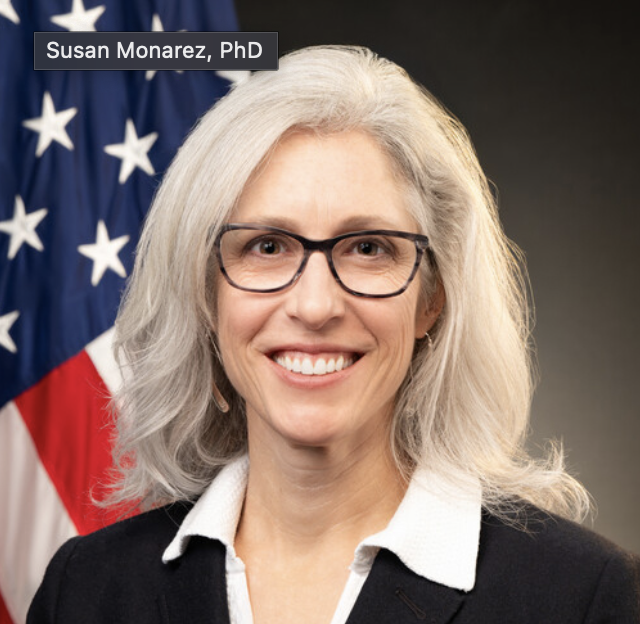Based on evidence Florida’s attempt to reform Medicaid is bearing fruit for the Sunshine State, Republican Gov. Rick Scott is seeking to expand it beyond its initial test counties.
Florida passed its Medicaid Reform Pilot for five counties with bipartisan support in 2006. The program shifted health care from the government-controlled status quo toward patient-centered care, with the goals of greater choice, expanded services, ability to opt-out for private coverage, and increased patient satisfaction.
The pilot achieved greater choice and control for patients by expanding the number and types of plans offered. “Patients deserve the power to choose,” says Tarren Bragdon, president and chief executive officer of the Foundation for Government Accountability.
“With the Reform Pilot, patients can choose among [either] 2 [or] 11 plans, depending on the county. This allows them to choose the plan that best meets patients’ unique health needs,” Bragdon said.
Significant Savings Achieved
The plan also achieved lower costs for taxpayers, says Bragdon, noting per-enrollee costs for Reform Pilot counties have been flat over the last five years.
According to estimates by the Florida Foundation for Government Accountability, the state’s pilot program achieved 16.8 percent savings per person for families and children, and 10.9 percent savings per person for elderly and disabled compared to estimated Florida averages.
The foundation estimates the program has already saved Florida taxpayers $118 million annually, and if implemented statewide, would save Florida taxpayers up to $901 million each year.
“The Florida pilot has existed for five years and the results have been dramatic: Health care costs have flattened and patients have improved health and their satisfaction has improved. We consider the program to be very successful,” Bragdon says.
‘Transforming Medicaid’
“The Florida Medicaid pilot is transforming Medicaid by giving consumers control to make decisions about what health care treatments are right for them. It also makes the patient the priority, showing that when government and HMO bureaucrats are held accountable, costs flatten and patient health and satisfaction increases,” said Bragdon.
The original waiver expired June 30. With the CMS having yet to rule on the expansion, the state has repeatedly had to apply for temporary 15 day waivers to continue to keep the program active.
“We would like to see this program implemented throughout the United States, but not a lot of people know about it. Gov. Scott sent a letter to the Centers for Medicare & Medicaid Services (CMS) requesting such a waiver for our entire state,” Bragdon said.
Medicaid Patients Satisfied
Paul Duncan, director of the Florida Center for Medicaid and the Uninsured and a professor and chair of the Department of Health Services Research, Management, and Policy in the College of Public Health and Health Professions at the University of Florida, maintains the program has been successful, but he says it is too early to draw any sweeping conclusions.
“The pilot demonstrates that it is possible to shove additional enrollees into Medicaid and get them into the programs they need,” said Duncan. “We were concerned that because some of the patients had very serious health issues that the managed care organizations wouldn’t want to take them in, but they proved willing. Once enrolled, the patient’s satisfaction levels didn’t go down. Also, the pilot proved that the state could spend less money than it would in similar areas with similar enrollees without the program.
“What we don’t know is how the reductions were accomplished. There are a lot of ways to save money. The state is just now getting the data from the managed care agencies about how they achieved their savings,” he added.
Necessary Steps to Reduce Cost
Programs like the Reform Pilot will be necessary if Florida is to reduce its growing Medicaid budget. According to an October report from analysts for the state legislature, Medicaid costs rose to about $20.3 billion projected for this fiscal year in Florida, from about $19.8 billion in 2011, with the state’s share surging 23 percent to $9.48 billion from $7.7 billion.
Bragdon notes total costs are projected to rise 15 percent by 2015.
“If Florida’s experience were replicated nationwide, Medicaid programs could save up to $28.6 billion annually,” Bragdon said.





